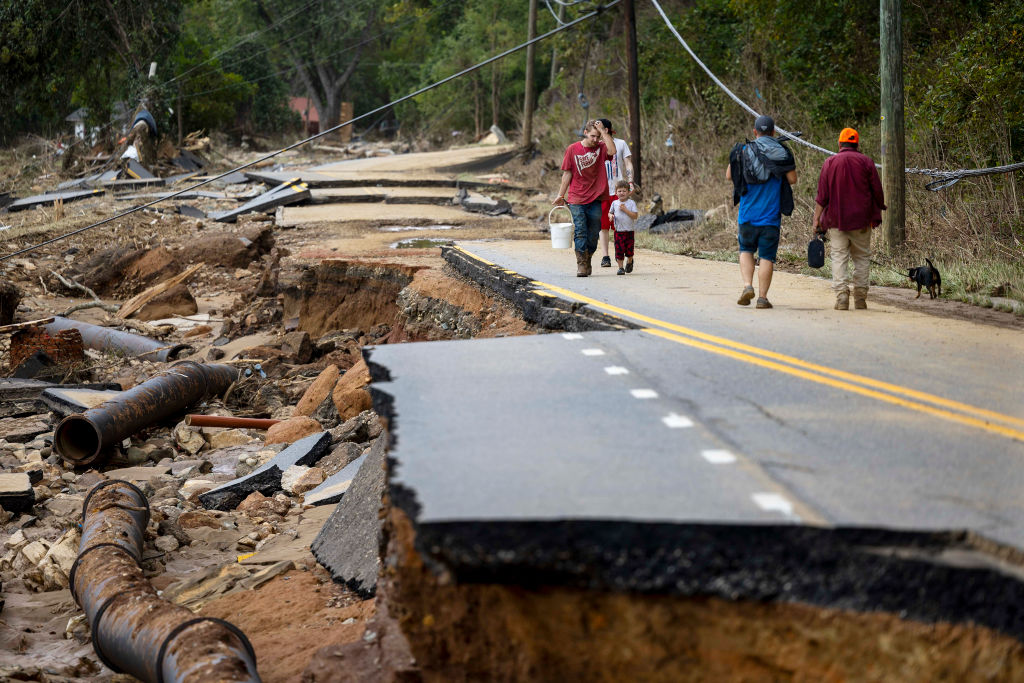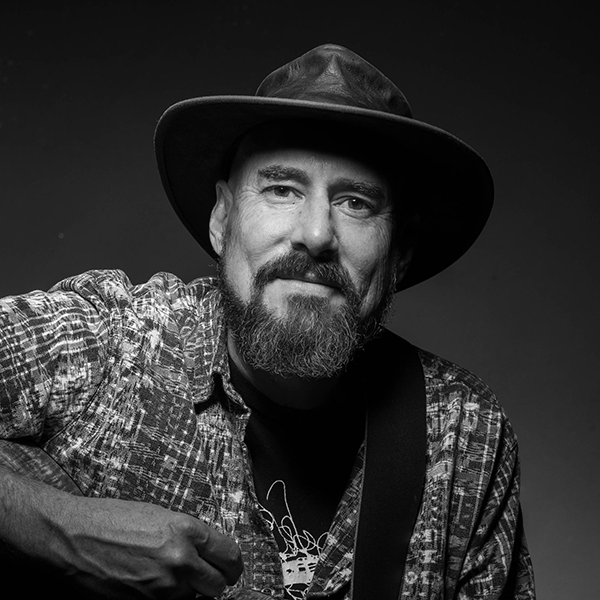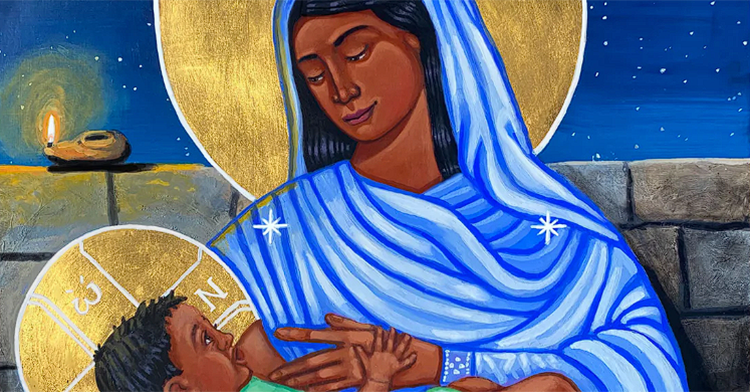People in western North Carolina know a thing or two about waiting.
In late September, we waited to see which way Hurricane Helene would go. When the storm moved into our already saturated mountains, my neighbors waited through the morning for the wind to ease, and then to see how far the water would rise and whether the dams would hold.
Working in Texas that week, I waited for the Asheville airport to open so that I could get home to my family and community. When I arrived, I found that Helene had changed the paths of rivers, the locations and viability of homes and businesses, and many, many lives.
For days, and sometimes weeks, we waited to be able to contact people we love. Many of us waited in lines for relief supplies, for access to electricity, water, cell and internet service, and for passable routes to safer places. Some roads washed away entirely; others were covered in tons of mud. Many of us waited for rescue.
Then came waiting on hold and in long lines to file for government disaster recovery funds. We waited for schools to open again. We waited to be able to flush our toilets, then waited longer to shower, then much longer to be able to drink the water that had finally returned to our pipes.
My own family waited weeks for all of those things, but with friends who suddenly had large trees in their living rooms and bedrooms, one who swam out of his own kitchen window as the waters rose past the counter his family was standing on, and one whose entire home was swept down the river with no sign of the foundation left, we were reminded again of the difference between problems and inconveniences. We personally experienced only the latter.
If those who are celebrating the season of Advent are looking for an audience that can relate to the idea of waiting, that audience might be found here. For some folks here in the mountains, however, hope may be a tougher sell.
Two months after the storm, there are people here who have gotten back to lives that look more or less like their lives before Helene. But for those who lost loved ones to raging rivers or whose homes washed away, sometimes with every physical thing that held meaning and memory for them, or whose businesses were destroyed, there will be no return to antediluvian lives. And of course, for many of my neighbors, these were lives of poverty and insecurity to begin with.
So many people have had their life trajectories altered forever. Encouraging them to put a positive spin on things might not go over well at all. Hurricane Helene was the deadliest storm in the mainland United States since Katrina, and the destruction is hard to comprehend if you haven’t seen it for yourself.
It is insulting to tell people who are in the midst of great tragedy that the real issue is their attitude, and this is too often what people hear in well-intentioned messages of hope.
Part of the issue may be that there is so much cheap hope being peddled in the world. Real hope — deep hope — is too often diminished into optimism. But deep hope has nothing to do with what you think is likely to happen next.
Václav Havel wrote, “Hope is not prognostication. It is an orientation of the spirit.” It is not about what we think is going to happen; it is about where we point our lives, sometimes in spite of the odds rather than because of them. If we take faith seriously, we point our lives toward the possibility of better communities and a better world, and we work to create them, even — and perhaps especially — when the outcomes we desire seem impossibly distant.
The opposite of cheap hope is pessimism, but the opposite of deep hope is despair, which leads to passivity. Hope, in its deeper sense, does not require a positive outlook. It requires a choice to keep moving toward a better way and a better world. So it is entirely possible to feel pessimistic about the direction things are going yet live from deep hope.
I think that may be what we are called to in these hard days.
I have listed many ways that people waited, but I don’t want to give the impression that our waiting has been passive. People dug through mud, fallen houses and trailers half-sunk in the rivers in the slim hope of finding survivors. Church volunteers and nonprofits and government workers from all over showed up, got out their chainsaws and cleared roads.
They also did the gentler, but just as essential, work of organizing donated supplies and getting them to folks who needed them. People knocked on doors, hauled water and fired up the grill to feed their neighbors when there was no electricity.
Yes, we were waiting for help and supplies, but we were not still in our waiting; we were doing what we could to create the better world that we wanted to see.
My favorite helpers are always the ones that bring their specific skills — the man who set up a free chainsaw-sharpening booth in the parking lot of a local Baptist church, the counselors who showed up in a park in my town of Black Mountain wearing laminated signs around their necks that read, “You talk. I listen.” The nurses and doctors that created free clinics right next to the food distribution center in Swannanoa. The Canadian arborist who retired three years ago but came out of retirement when he saw the news and drove 1,000 miles to volunteer for weeks on end.
The flood of compassion hit a higher watermark than the floods from the storm. And in some ways, this tragedy answered the tragedy before it; while the pandemic forced us to avoid physical contact with one another and hyperconnected us to people geographically elsewhere, Helene cut us off from phone and internet and forced us into the street to talk with our neighbors and care for each other physically. That’s exactly what communities here have done.
With all due respect to Emily Dickinson, perhaps deep hope is not “the thing with feathers” that “never … asked a crumb of me.” Maybe it is the thing with boots and gloves. Maybe it is precisely the thing that asks quite a lot of us.
Jesus was not born into an easy time, nor a serene place. If Advent is a season of hope, of revelation and of expectant waiting for God to become visible, then perhaps the best way to spend this time is to reveal to each other that God is already here.
It is insulting to tell people who are in the midst of great tragedy that the real issue is their attitude, and this is too often what people hear in well-intentioned messages of hope.













